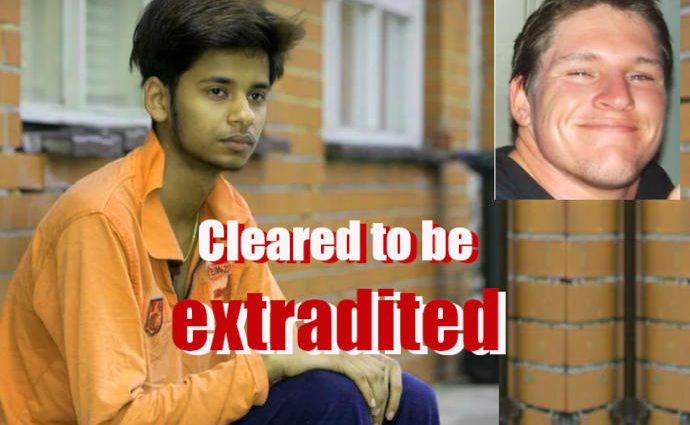On August 12, Dean Hofstee’s family’s prayers seemed to have been heard when the Court in Delhi looking into the extradition of Puneet Puneet (Puneet) made a recommendation to the government of India to accept the extradition request of the Victorian government to bring Puneet back to Australia to face trail for killing Dean Hofstee and injuring Clancy Coker in 2008.
Recommending the extradition, the Court, noted Puneet’s charges in Victoria to face trial for the offences;
- Culpable Driving under Section 318(1) of the Crimes Act, 1958 (Victoria);
- Negligently causing serious injury under Section 24 of the Crimes Act, 1958 (Victoria);
- Improper use of a foreign travel document under Section 21(2) of the Foreign Passports (Law Enforcement and Security) Act 2005 (Commonwealth).
Rejecting the legal technicalities and racial prejudice arguments submitted by the defence attorney on behalf of Puneet, the Court noted the submissions lacked “cogent proof”.
Also rejecting the arguments that Puneet had already been held in custody for more than 18 months in India and faced years of hounding by the agencies, the Court further noted,
“With respect to arguments of the Counsel for the fugitive criminal that he had already spent almost 18 months in custody in India, faced extradition proceedings for the last seven years and has no money to fight litigation in foreign country, it is held that the same are no grounds for refusing his extradition in terms of statutory provisions and treaty obligations. The plea of period of incarceration already undergone by the FC in India, may be raised by him before the concerned courts in requesting state,” it stated.
Also Read: Extradition of Puneet Adjourned to March 18
Under the Treaty between the two countries, to be extradited, one has to have committed an offence punishable for 12 months or more. The court compared the corresponding Indian law and found Puneet’s offence “extraditable”.
“Since, the offences prima-facie made out against the FC under Indian law are under Section 304 Part-II IPC, Section 279/338 IPC and Section 12(1)(d) of Passports Act, which are punishable with imprisonment for a period more than one year and up to 10 years, they fulfil the criteria of ‘extradition offence’ as defined in the treaty,” the order said.
But the happiness of Hofstee family, if they knew of the magistrate’s order, was short lived. Puneet was quick to file an appeal in Delhi High Court which on August 17, stayed the order and issued notice to the Centre not to take any action till further orders.
“Till the next date of hearing, the petitioner will not be extradited out of the country,” it added.
Puneet has run most of his arguments in the 70-80 hearings before magistrate. In the High Court his main ground to his extradition is the timing of the Australian request – February 3, 2010.
India and Australia did not have an Extradition Treaty in place at the time. That came into operation on January 20, 2011.
The matter has been adjourned to the third week of September case load.
Similar Posts by The Author:
- Narendra Modi at the 16th BRICS Summit, meets Putin, Xi Jinping
- Diwali 2024 : Celebrate India Inc. brings 19th Fed Square Diwali on October 26
- Racism rears its ugly head during council elections, as Jamel Kaur Singh & others found out
- $400 School Saving Bonus will help busy Victorian families
- Aussie Indian Alexis Dennis opens up on racism in Australia

